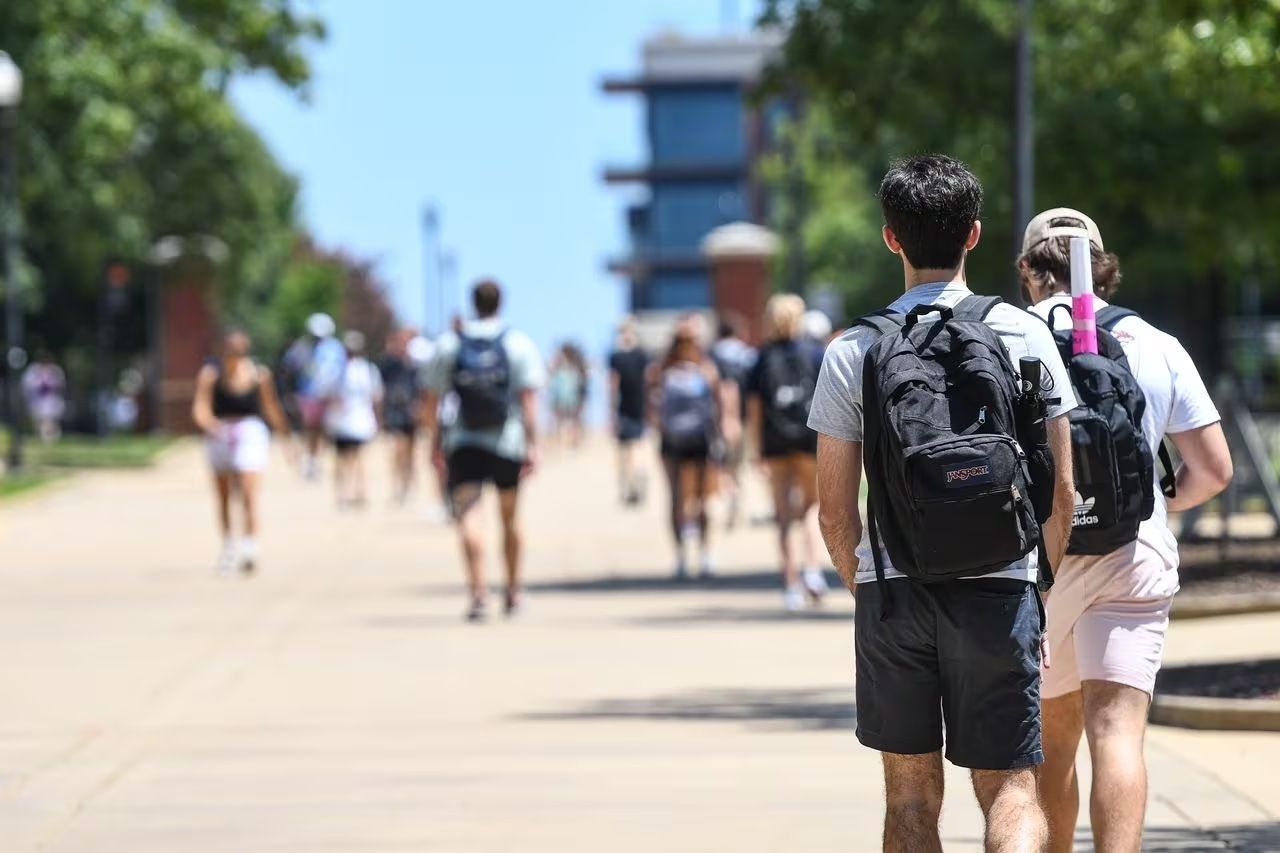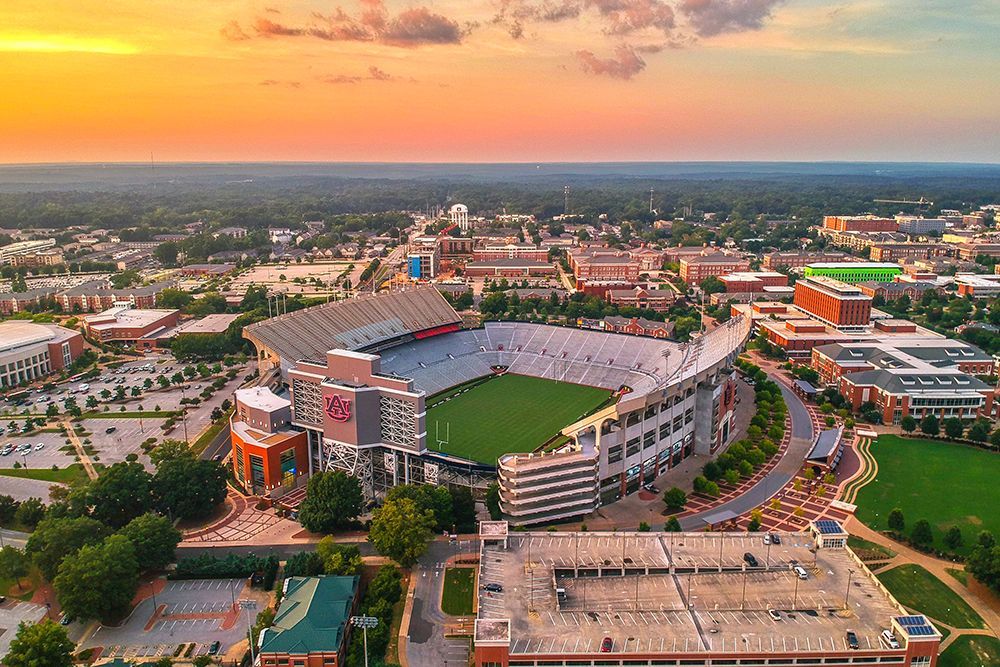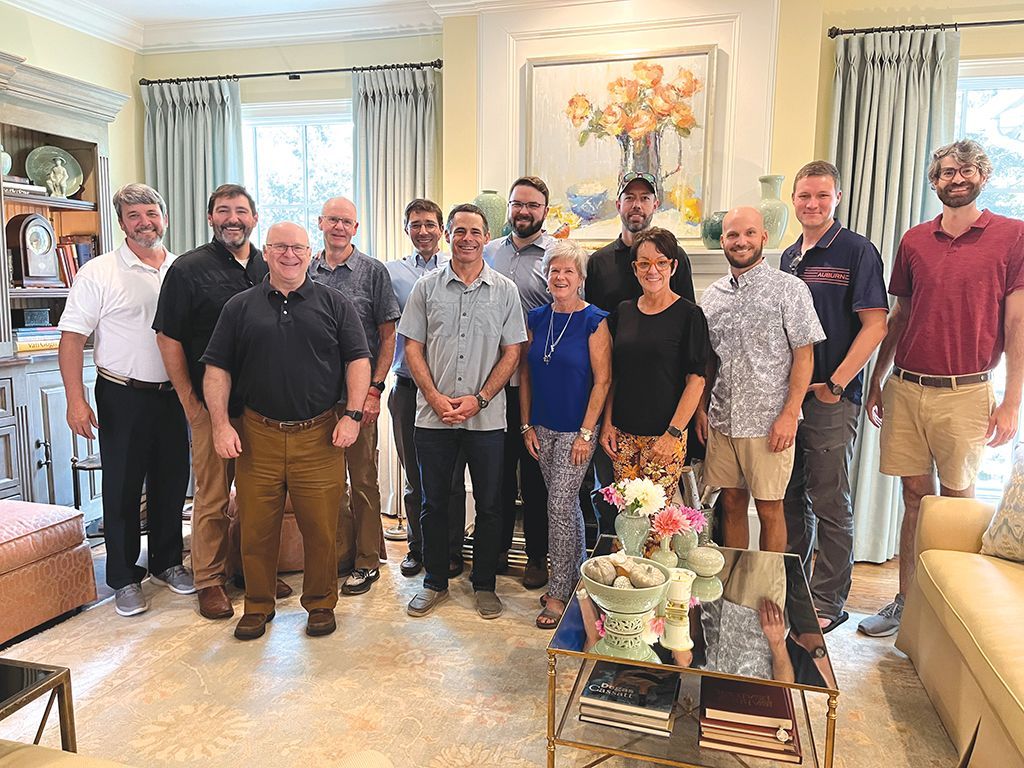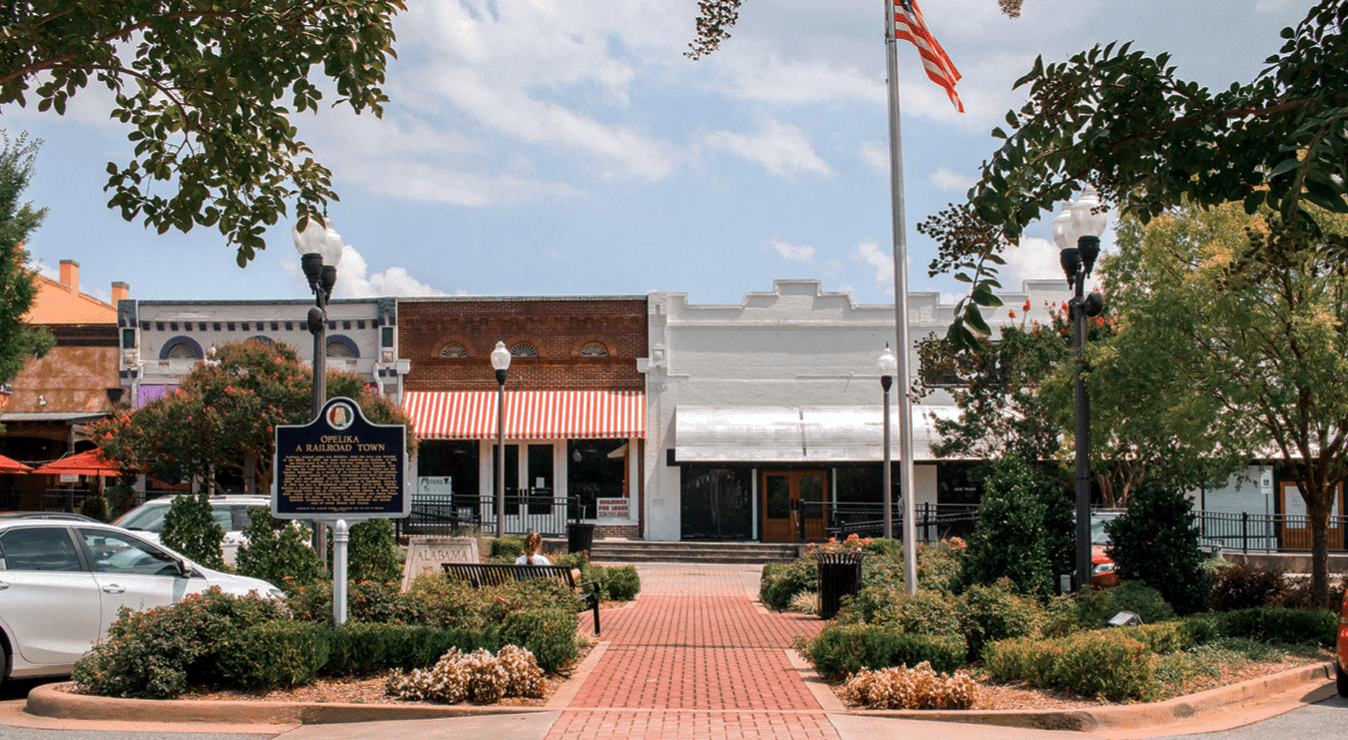photo @goodmorningauburn/Instagram
by Hoffman Rhyne at Christ Our Redeemer Seminary
From a Village to a City & Why That Matters
In 1966, Rosemary and Ronnie Anders started Anders Book Store on Magnolia Ave. With a population of only around 16,000 and a slow pace of life centered around the university, Auburn could be described as a village back then. But now, with a population of over 82,000, we’ve transformed from a village to a city.
People, of course, define “city” in a variety of ways. Richard Sennet, professor of sociology at the London School of Economics, defines it this way, “cities are places where strangers are likely to meet.” With the university here, this has always been true. But it’s true far beyond the campus now. People from all over the country and all over the world are here and are doing all kinds of things.
In his book
Center Church: Doing Balanced, Gospel-Centered Ministry in Your City, Tim Keller defined cities as “walkable, shared, mixed-use, diverse areas that are centers of commerce, residence, culture, and politics. They are centers of influence.” By both definitions, it’s fair to say that Auburn is indeed a city - a place where strangers are likely to meet and a nexus of diversity with a growing level of influence. While Keller focuses on top-tier global cities like New York, London, and Tokyo, his principles still apply to cities of all sizes and degrees of influence.
A Place of Convergence
In future podcast episodes and blog articles in this series called Our Missional Context, we will talk more about a biblical theology of the city, but here, I want to make one simple observation: because Auburn is coming into its own as a city, it is increasingly a place of convergence for human potential.
In drawing together people, cities draw together the incredible power and potential God has invested in his image-bearers. We were made to rule the world with God, take the raw materials and latent potential that God packed into creation, and make something good and beautiful. We were made to be world-shapers, and as our cities grow, they amplify that world-shaping potential. The Bible is clear about this, and as Mayor Ron Anders shared on a podcast interview, it is increasingly true of Auburn.
However, the Bible is also sober in its view of cities. We can use our God-given power and potential for good or evil. Theologian
Geerhardus Vos observed that while the city is an “accumulator of the energies of culture [it also] is an accumulator of the potencies of evil”
Biblical Theology: Old and New Testaments, p. 274. To
quote Keller again, “The city draws and aggregates people’s talents in such a way that the greatest works of culture are produced there, but it does the same thing with human sin. So the city … [brings] out both the best and the worst in human beings.” It is doing that for each one of us, too.
Two Implications for the Church
As Auburn and Opelika grow, I want to highlight two implications for the Church here. First of all, we need to cultivate a biblical sober-mindedness about the growing potency of our cities - whether for good or evil, for justice or injustice, for generosity or greed, for selfishness or selflessness, compassion or callousness, self-denial or consumerism. The stakes are higher than we might imagine.
Secondly, as the Church here,
we need keep to
humbly
loving our city
together in the power of the Holy Spirit - pray for, serve, and seek the good of our cities in ways that bear witness to the reconciling love of Jesus Christ and the blood-bought unity of his Church. This statement has a lot to unpack, which I hope to get to in future podcasts and articles.
In the meantime, check out
Our Missional Context podcast series and feel free to share any thoughts or questions with us.








